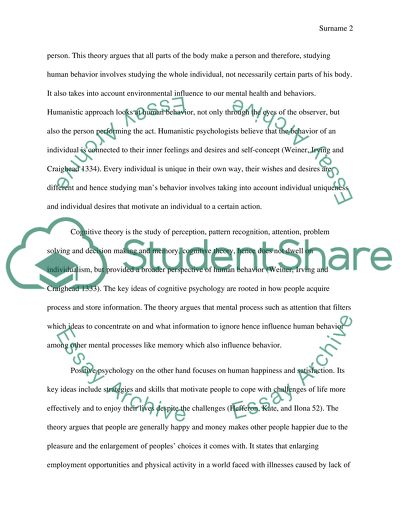Cite this document
(“Comparison and Analysis Research Paper Example | Topics and Well Written Essays - 1250 words”, n.d.)
Retrieved from https://studentshare.org/psychology/1490950-comparison-and-analysis
Retrieved from https://studentshare.org/psychology/1490950-comparison-and-analysis
(Comparison and Analysis Research Paper Example | Topics and Well Written Essays - 1250 Words)
https://studentshare.org/psychology/1490950-comparison-and-analysis.
https://studentshare.org/psychology/1490950-comparison-and-analysis.
“Comparison and Analysis Research Paper Example | Topics and Well Written Essays - 1250 Words”, n.d. https://studentshare.org/psychology/1490950-comparison-and-analysis.


